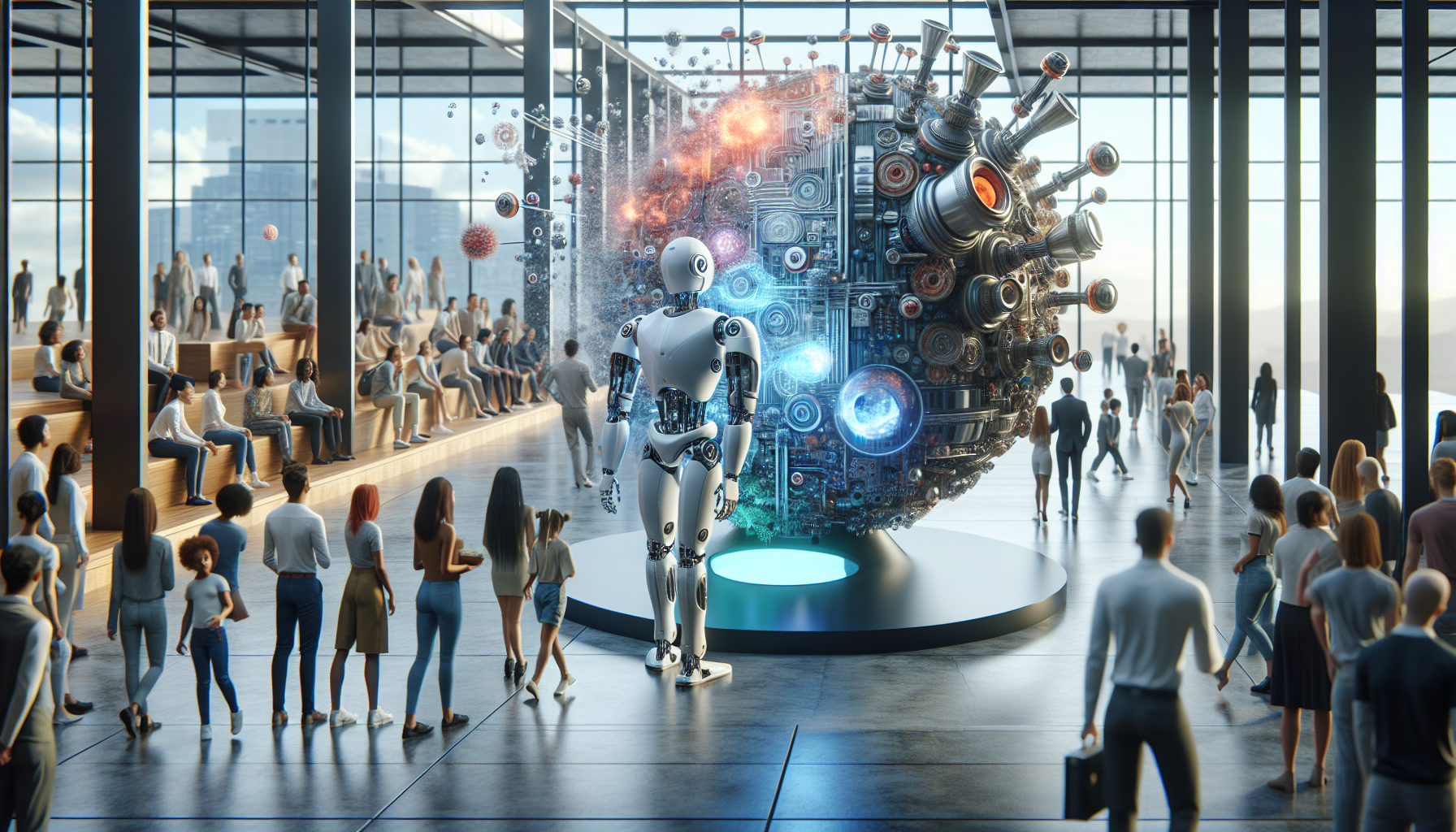
AI in Retail: Are We Sacrificing Genuine Customer Connection for Convenience?
November 9, 2025
Artificial intelligence is reshaping the retail landscape, driving efficiency and personalization to unprecedented levels. Yet, a critical examination reveals a complex tapestry of implications, where convenience often comes at the expense of genuine human interaction. As AI penetrates deeper into retail operations, it is vital to scrutinize whether the benefits outweigh the potential erosion of authentic customer relationships.
Retailers are increasingly leaning on AI to redefine the customer experience, deploying sophisticated algorithms to analyze purchasing patterns, predict future buying behaviors, and craft personalized marketing strategies. These technologies promise a seamless shopping journey, whether online or in-store, by offering tailored recommendations, dynamic pricing, and automated customer service. On the surface, this seems like a retail utopia, where every consumer's need is anticipated and met with mechanical precision.
However, beneath this veneer of convenience lies a critical question: Are we losing the essence of human connection in the relentless pursuit of efficiency? AI-driven chatbots, while efficient, lack the empathy and nuanced understanding that comes naturally to human interactions. These automated systems often struggle with complex customer inquiries, sometimes leading to frustration rather than satisfaction. Isn't a genuine conversation with a knowledgeable salesperson worth more than a swift, yet sterile, exchange with a machine?
Moreover, the reliance on AI raises concerns about data privacy and security. Retailers collect vast amounts of personal data to fuel their AI systems, promising enhanced customer experiences. But this data collection often occurs without explicit consent, raising ethical questions about consumer autonomy. The potential for data breaches further complicates the narrative, as consumers must weigh the convenience of personalized shopping against the risk of personal information exposure.
Another aspect of AI's impact on retail is its influence on employment. Automation threatens to displace human workers, particularly in roles traditionally viewed as entry-level stepping stones. While some argue that AI will create new job opportunities in tech and data analysis, the transition is neither seamless nor equitable. The skills gap remains a formidable barrier, potentially leaving behind those unable to adapt to the digital economy. This shift challenges retailers to balance technological advancement with social responsibility, ensuring that their workforce evolves alongside their digital strategies.
The allure of AI in retail extends to inventory management and operational efficiency. Predictive analytics enable retailers to optimize stock levels, reducing waste and improving profitability. Yet, one must ask whether this drive for efficiency undermines the diversity of products available to consumers. As AI algorithms prioritize high-margin or fast-moving items, niche products might be squeezed out, diminishing consumer choice in favor of streamlined operations.
While AI undeniably offers compelling advantages, the retail industry must confront the broader implications of its adoption. Are we, as consumers, willing to trade depth for convenience? Is the retail industry sacrificing long-term brand loyalty for short-term gains? These are not merely theoretical musings but critical considerations as AI becomes an ingrained facet of retail.
To navigate these complexities, retailers must adopt a balanced approach, integrating AI in ways that enhance rather than replace human interaction. Transparency in data usage, investments in workforce reskilling, and a commitment to ethical AI deployment are essential steps toward a sustainable retail future. Retailers that successfully blend technology with human touch will likely emerge as leaders, offering customer experiences that are both innovative and authentic.
As AI continues to evolve, so too will its role in retail. The challenge lies in ensuring that this evolution enhances, rather than diminishes, the customer experience. It is imperative for both retailers and consumers to remain vigilant, questioning whether the convenience offered by AI justifies the potential loss of human connection. In this rapidly advancing landscape, perhaps the most important question is: How can we harness the power of AI without losing sight of the very people it aims to serve?


